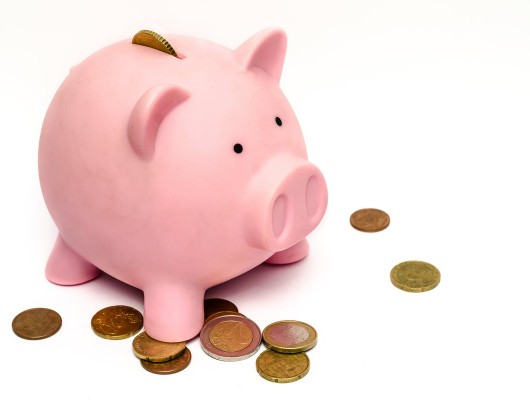Shares of Mannkind have dropped more than 50% this week, and now find themselves at a mere 69 cents a pop. That’s deep into penny stock land, and the probable outcome, bankruptcy, looks increasingly likely.
In the interest of helping investors avoid such traps in the future, let’s take a detailed look at what went wrong, and find the warning signs to detect this type of dangerous company in the future.
Ten years ago, Mannkind shares traded about $20/share. In those days, the company was thought to hold great promise. It had a form of inhalable insulin that appeared to be safe and roughly equivalent to traditional injected insulin.
This led to the dangerous thing that leads many biotech investors astray: The sexy story. For anyone broker, writer, or analyst wanting to pitch Mannkind shares, all they had to do was tout a great new future where diabetes patients would no longer need to inject themselves with needles. With their insulin inhalers, diabetes sufferers would be spared one of the unpleasant side effects of their condition.
As alluring as that story was, it failed to take into account a few practical considerations. First, there was nothing particularly wrong with the traditional injection of short-acting insulin. It’s a cheap, safe, effective, and in the long run not particularly disruptive form of treatment.
Getting used to the injection is difficult, but once accustomed, patients can usually manage without great difficulty. Much of the enthusiasm for Mannkind’s inhalable insulin came from healthy people who imagined how unpleasant it would be having to use needles regularly and thus overestimated the actual aversion to traditional insulin treatment.
As it turned out, the usability advantage of Mannkind’s insulin was more than offset by two other factors: Cost, and safety. Not that you’d hear much about it listening to the legion of Mannkind share boosters, but Mannkind’s product wasn’t even the first inhalable insulin.
Pfizer, no slouch when it comes to new drug development and marketing, launched the first inhalable insulin, branded as Exubera, in 2006. Pfizer withdrew the product within a year citing the lack of sufficient sales to support Exubera.
As it turned out, the much higher cost of Exubera far outweighed any patient comfort concerns. This was a lesson that Mannkind shareholders would have to relearn at their own expense.
Additionally, inhaling particles often comes with hazards for the respiratory system. The FDA specifically prohibited Mannkind’s insulin for anyone with lung cancer or asthma. And the broader stigma remained, breathing in fine particles increases the risk of lung problems. Is it worth increasing your risk of lung cancer just to avoid using a needle? For many doctors and their patients, the answer firmly appeared to be no.
Mannkind shares tumbled from the 20s to just two bucks following the failure of Pfizer’s Exubera. At that time, people rightly concluded that if Pfizer couldn’t make it work, neither could tiny little Mannkind.
Somehow, as biotech companies often do, Mannkind was able to leave the past behind, and reflate shares to more than $10 each, drawing a market cap of several billion dollars. But trouble started from the moment the FDA approved Mannkind’s compound.
Sanofi, Mannkind’s partner, extracted a pound of flesh to distribute the drug. Sanofi likely realized that the drug was unlikely to be a great commercial success, and as such, they negotiated a one-sided deal to get more of the limited pie from the drug.
Mannkind’s insulin launched to mediocre sales and never picked up steam. Further respiratory concerns weighed on the compound’s momentum more recently.
Finally, Sanofi pulled the plug earlier this week, recognizing that with the drug only selling around a million dollars worth a month, it simply will never reach a sustainable level of sales.
Mannkind now gets rights back to the product, but no one will want to partner with them to market and distribute the product.
Mannkind faces a sizable debtload, and has minimal cash reserves and a tiny revenue stream. There seems to be little possibility of any outcome other than bankruptcy. Shares still retain a shocking $250 million market cap, probably because people don’t realize how huge the company’s float is.
The company had a cult of investors who believed it could do no wrong, even as the warning signs mounted. The company was also heavily shorted the whole way down, even now, nearly 50% of shares are short. The optimists had blamed the short sellers for the company’s flagging share price.
But the truth was much simpler. If your company’s sole product is similar to another product that was already launched and failed, you probably won’t succeed either. Particularly when you offer a patient a far more costly and risky solution that only improves on comfort, there’s little to induce the patient to switch to your product.
Mannkind was a classic case of if it’s not broke, don’t fix it. The company offered a solution to a problem no one had, and miniscule sales of the company’s product demonstrated this truth in graphic detail.


